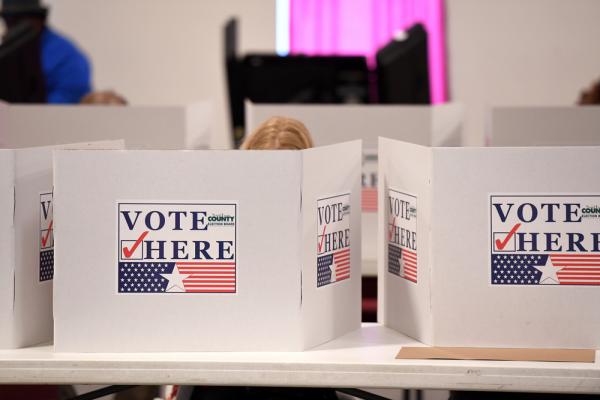Mar 18, 2019
On March 8, the U.S. House of Representatives passed the “For the People Act,” a historic piece of ethics and election reform legislation that responds to some of the biggest problems our democracy has experienced in recent times. The bill itself is bold and expansive — sweeping even — in the terrain it covers, and in the marker it lays down for what democratic reform should look like.
Read the Full Article

Already a subscriber? Login
